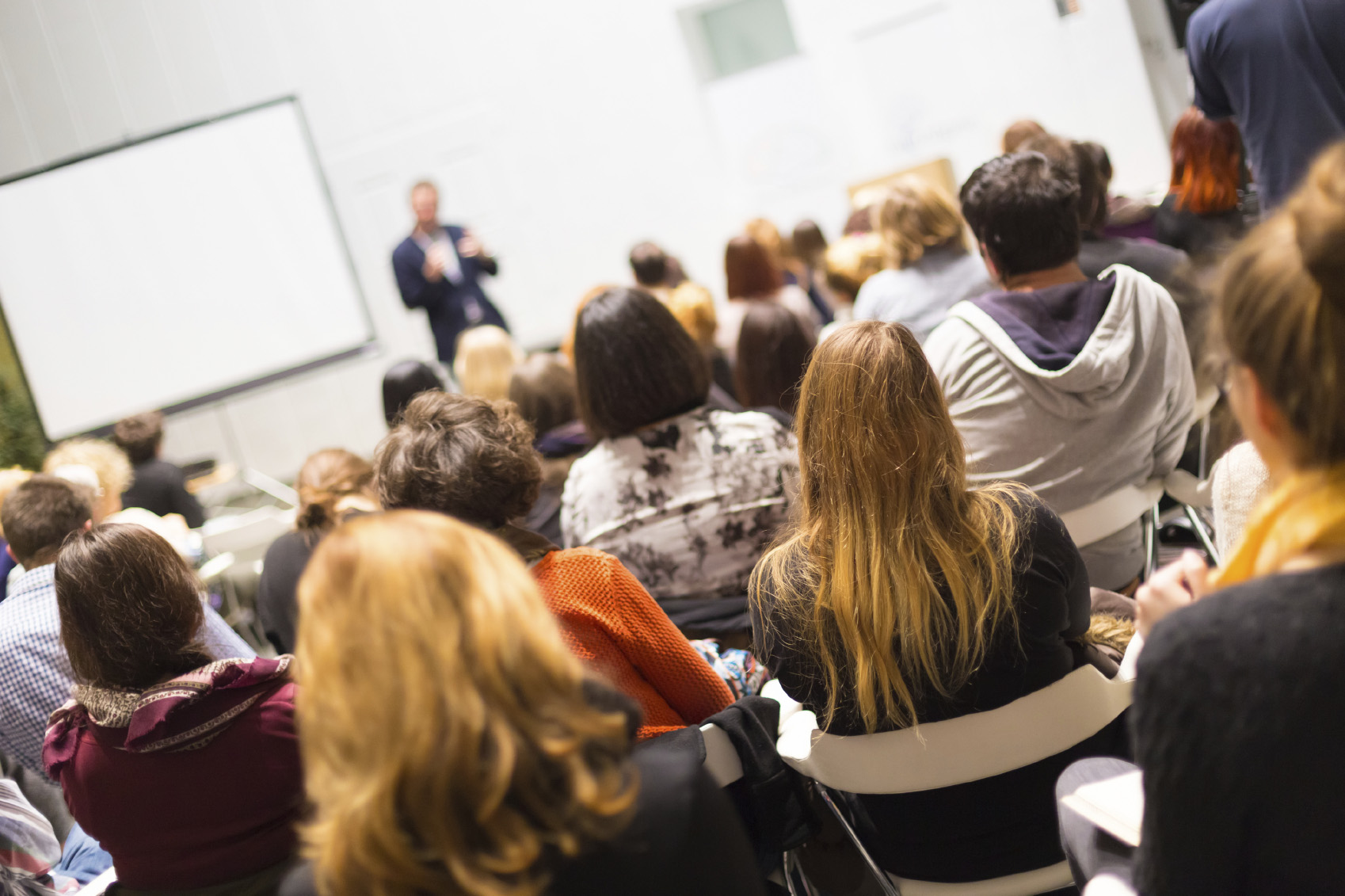NWCDTP Postgraduate Conference 2016-17
The AHRC North West Consortium Doctoral Training Partnership is pleased to announce that its annual conference will take place at Royal Northern College of Music from 19th – 20th October 2016.
Arts and Humanities Postgraduate Conference
‘Creative Humanities: Thinking, Making and Meaning’
Full conference programme here.

Call for Papers
The conference will bring together the new intake of postgraduates, current PhD students and academic staff from different backgrounds, providing a fantastic opportunity to present and discuss their work in a supportive environment. We welcome proposals for presentations of research from all disciplines within arts and humanities. We are particularly excited to request proposals for creative activities or workshops.
As transdisciplinary research, public engagement and creative partnerships come to the forefront in academia, the demand on researchers is to explore new ways of writing, interpreting, approaching and creating meaning. The idea of ‘creative thinking’ can on the one hand be associated with a business mode of production and innovation, but also present a potential avenue for alternative methods and approaches to research. Creative thinking can link to the practice based/led study of ‘making meaning’ through film, visual art, non-fiction writing, music and performance, or present inventive, original approaches to data collection, observations, mapping and surveying.
Often, these methods of enquiry cross over disciplines, can involve collaboration with participants outside of academia and result in the formation of new modes of exploration. The aim of this conference is to explore and analyse these new approaches to creative thinking and making meaning in relation to our current economic climate and contemporary practices within academia.
We would like to invite papers for presentations and performances of any nature related to the theme. An integral aspect is also a space for creative workshops as a potential for sharing and forming new ideas. We would be interested to hear from you, if your research addresses or is related to the following questions/areas:
- What is ‘creative thinking’ and how can we use it to inform and generate research?
- Are there negatives behind the use of ‘creative thinking’? Does it present a beneficial approach to making meaning in relation to the current economic climate?
- How does your research create meaning through an act of ‘making’? For example, whether you are making a physical object or a temporal performance how does this process of making inform your theory/research? How do you translate this process of making and draw meaning from it?
- Are you employing a creative or unusual method of selecting, mapping or interpreting sources? What are the challenges and benefits of this approach?
- Are you using a transdisciplinary or interdisciplinary methods in your research? What is the purpose of this method and how might it benefit other researchers?
- Are you writing your thesis in a ‘non-traditional’ approach? Are you utilising a subjective or alternative voice within your writing? Alternatively, is your thesis utilising fiction or taking on a purely visual/performative form?
- How can the use of imagination or creative methods draw out meaning in alternative ways?
- Are there modes of creative thinking in line with dreaming, movement and dialogue that can present alternative methods of research enquiry?
- Can collaboration present new possibilities in the making of meaning between disciplines, and how can this be creatively conceived/understood?
The aim of this year’s conference is to discover and share ways through which we work creatively in research. The event is open to all areas within arts and humanities.
Formats of presentations/performances
Individual papers (20 minutes for presentation with 10 minutes discussion)
Lecture-performance (20 minutes with 10 minutes response)
Posters (A1)
Creative activities and workshops
Each workshop or activity should last 1 hour.
There will be a very limited number of these that we will be able to host due to time constraints.
Submission
For Individual papers:
300 words abstract
150 words biography, institutional affiliation, proposed format and contact details
Audio-visual or display equipment
Any additional requirement
For Lecture-performance and creative activities or workshops
300 words summary (plus supportive materials e.g. CV/recording/programme details) – For activities and workshops, please indicate approximately how many people you would be able to accommodate.
For Posters
Please submit a draft of your poster or a 200 word summary.
Deadline for submission: 5.00pm (GMT), Friday 17 June 2016
Proposals should be sent by email to: [email protected]
The registration fee for this event will be waived for students funded by the AHRC’s North West Consortium Doctoral Training Partnership, but we warmly invite students who are not NWCDTP funded and those from institutions outside of this consortium to submit proposals and attend the conference. We also offer a limited number of travel/accommodation bursaries that are open to all.
Please indicate in your proposal if you would like to be considered for a bursary, and how much you wish to apply for, otherwise you will not be considered for a bursary.
Applicants will be informed of outcome of their proposal by 1st August 2016. Those selected will be asked to confirm their acceptance. The full programme, abstracts, and further details about the conference will be published on the website and via social media at a later date.
Please do contact us if you would like further information on the conference or the call for presentations.
Programme and Organising Committee
Jessica Beck (RNCM)
Jing Ouyang (RNCM)
Gemma Meek (MMU)
Laura Clancy (Lancaster University)
Michelle Stephens (MMU)
Alicia Sanchez Requena (MMU)
Raluca Matei (RNCM)

